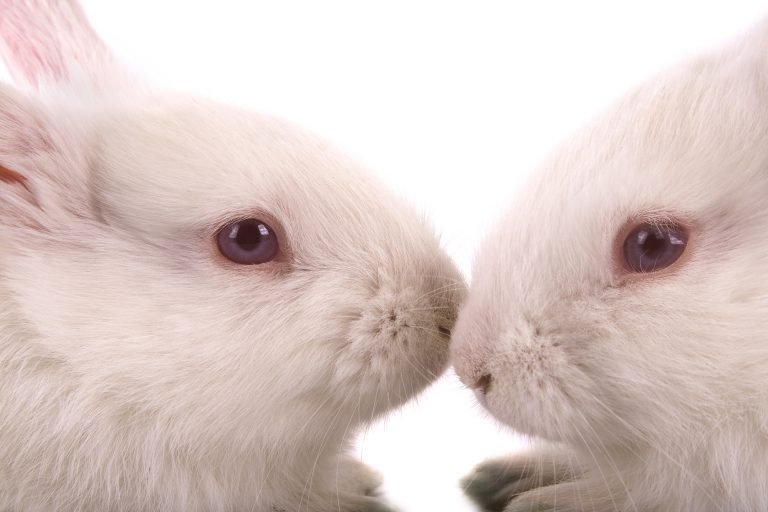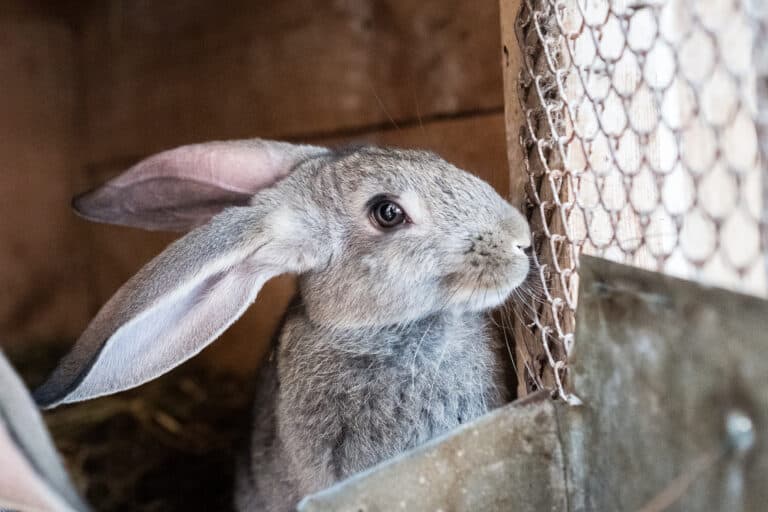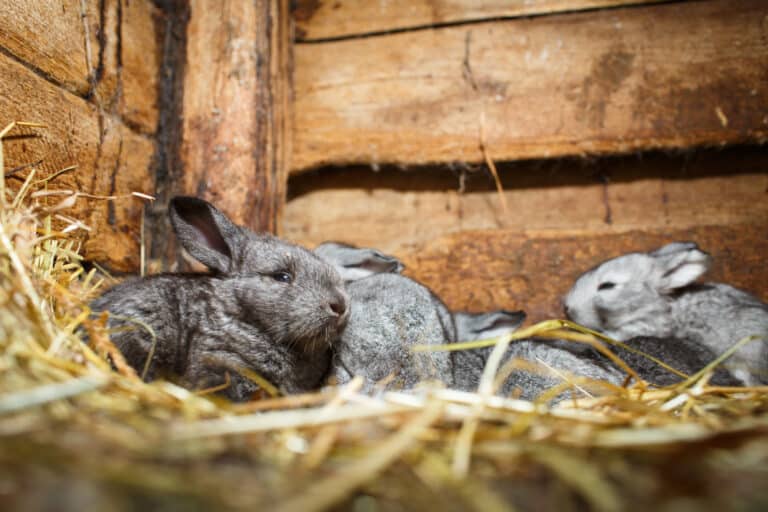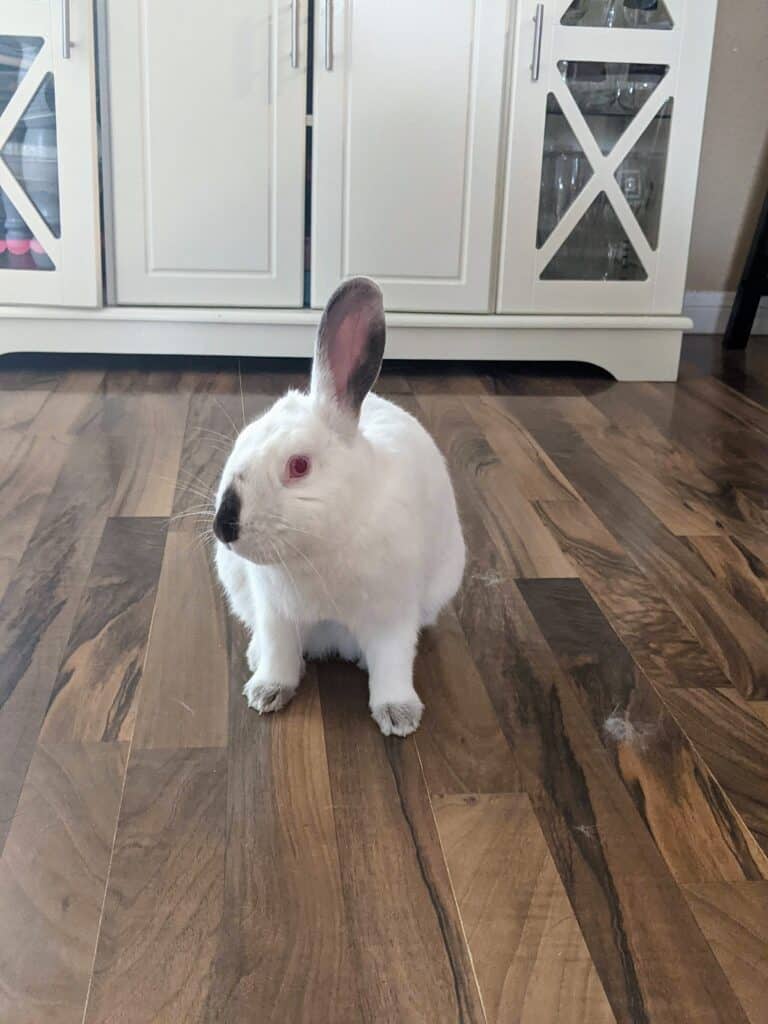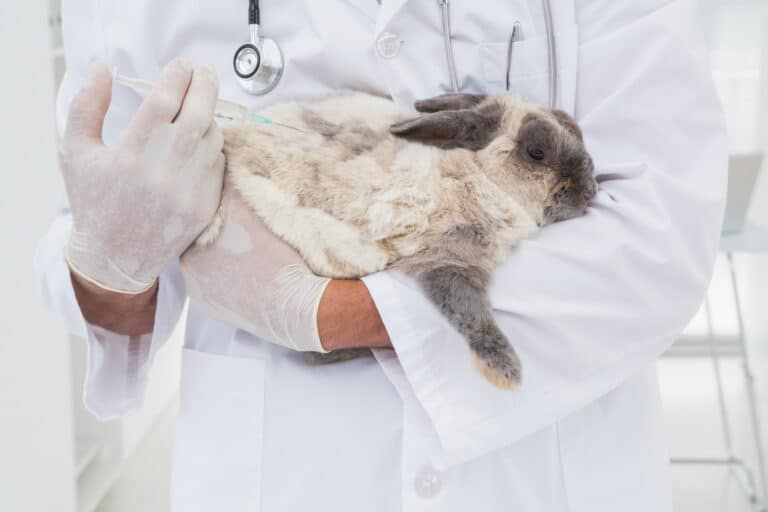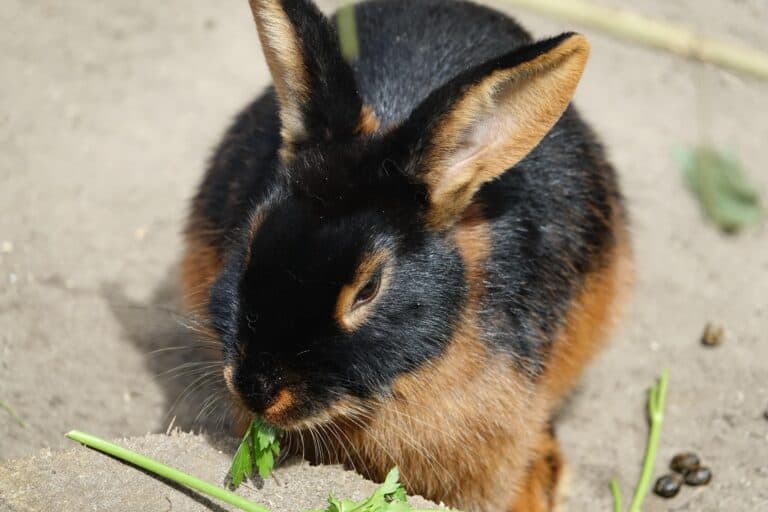How To Tell If Your Rabbit Is Sick?

We’re sure you want to give the best care to your fur baby. So you provide them with nutritious meals and treats plus a clean habitat where they can safely sleep and play. And if your bun gets sick, you’re ready to take them to the vet to restore them to good health. But before you can do that, you need to know the symptoms of a sick rabbit. The problem is, it’s hard to tell if your bunny is sick.
In the wild, rabbits tend to hide signs of weakness to avoid becoming easy targets for predators. Your bun may no longer be in danger from animals who prey on rabbits, but he’s still hard-wired to mask pain symptoms. You’ll need to be extra vigilant to see signs indicating that your bunny is not in the pink of health.
Signs of Rabbit Illness
Decreased energy level
You can’t expect your bun to be constantly running around. Like with humans, a rabbit’s energy level varies from day to day. As your pet gets older, he may also become less active. However, a sudden and significant change in their energy level can be a symptom of bunny illness.
For example, if your pet, who had been frisky a couple of days ago, suddenly turned lethargic and just wants to sleep all day, then there may be something wrong with him. Ask for guidance from a rabbit-savvy vet if the trend continues or other rabbit illness symptoms crop up.

Appetite changes
The sound of a rustling feed bag usually sends a rabbit scampering to the source. That’s how much rabbits love food. So any changes in appetite are a cause for concern as lack of interest in food is one of the common symptoms of illness in rabbits.
Keep track of your bun’s food intake. If he leaves his veggies and pellets untouched, and if he refuses to eat even when you give him his favorite treat, consider it an emergency and contact your vet immediately.
Rabbits need to eat to keep their gastrointestinal tract running smoothly. Otherwise, they can develop gastrointestinal stasis or GI stasis, a potentially fatal condition.
Changes in their poop
Rabbits have a sensitive digestive system. As a result, changes in the amount and appearance of their poop can indicate that your pet is suffering from some health issue.
Bunnies produce two kinds of feces. The first type is hard and round. Typically called fecal pellets, this type of poop is usually uniform in shape and size. The other type is glossy and comes in clusters called cecotropes. This poop contains nutrients that weren’t absorbed when the food went through your bun’s digestive system the first time. It may sound gross, but rabbits eat this type of fecal material to extract the remaining nutrients.
Watch out for deformed or mushy poop, a large volume of cecotropes, and mucus in the poop. If your bun produced no waste material, consider it an emergency that requires prompt medical attention.
Dull coat or hair loss
Being the largest organ in rabbits, the skin typically manifests symptoms of bunny illness.
If your pet’s coat no longer looks sleek and shiny or if he is shedding a lot, then your bun may be ill. Parasites can cause itching. Excessive grooming or scratching can then lead to hair loss.
Hormonal imbalances and digestive issues are other potential causes of thinning or dull fur.
Drooling
Rabbits don’t usually drool. So if you observe some wetness around your bun’s nose or on his chin, this can be a sign of some dental or respiratory issues. Malocclusion (misalignment of the teeth) or overgrown teeth usually leads to drooling because your pet can’t close his mouth properly.
Meanwhile, if your bun is having respiratory problems, he may breathe through his nose, which is not natural for rabbits. Your pet may get too focused on breathing that he forgets to swallow, which can cause hypersalivation. Take your bun to the vet if drooling comes with a loss of appetite, sneezing, and coughing.
Tooth grating
This sound is different from the delightful purring or teeth chattering rabbits make when they’re happy and contented. Loud tooth grating is a sign of discomfort or pain and can indicate that your rabbit is ill. To tell whether the noise your bun makes is due to distress or contentment, observe your pet. If he looks relaxed, then the sound signifies satisfaction. But if he’s hunched and tense, shows no interest in food, and shies away from your touch, then he’s likely in pain.
Loss of balance or changes in posture
Rabbits are very agile creatures. So stumbling or staggering makes it to our list of the symptoms of a sick rabbit. The loss of balance may come with a head tilt, also called a wry neck, where your pet holds his head tilted to one side. Sometimes, your bun will also fall over or run around in circles, looking confused.
Ear infections usually cause a lack of coordination and head tilting, but sometimes, the symptoms may indicate something more serious. In any case, your pet needs the attention of a vet who’s well-versed in rabbit care.
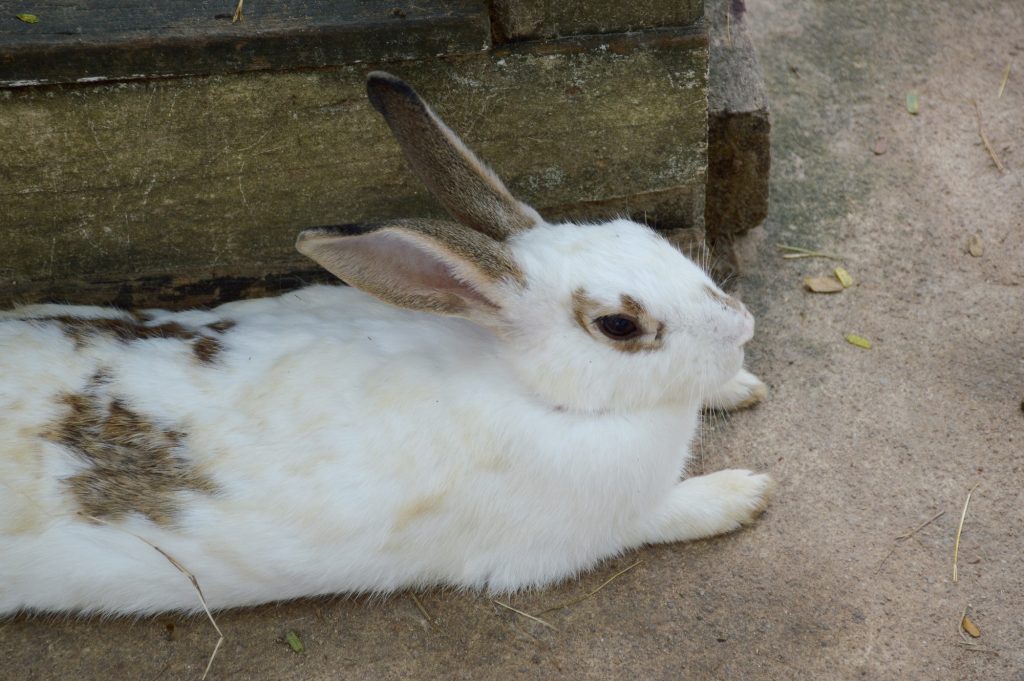
How to Prevent Illnesses in Rabbits
You can’t completely protect your bun from all ailments. Like most pets, your rabbit is exposed to germs, or he may eat something that affects his system. But there are things you can do to lower the risks of your pet getting sick.
- It’s essential to look for a rabbit-savvy vet even before your bunny shows signs of illness. When your fur baby falls ill, you’ll want medical attention for him right away and won’t have time to search for the right animal doctor.
- If you’ve found the vet you can work with, ask about neutering/spaying, vaccination, and parasite control methods for your pet.
- Create a clean and safe habitat for your bunny.
- Keep your bunny away from wild rabbits or areas where their wild counterparts roam.
- Provide your bun with a healthy diet.
- Give your pet only vet-prescribed medicines.
- Don’t expose your rabbit to extremes in temperature.
- Check your pet regularly for physical and behavioral changes.
Knowing the various signs of illness in rabbits will let you quickly help your pet in the unfortunate event that he gets sick. Remember, prompt medical attention can sometimes spell the difference between life and death.
We hope you enjoyed this post! If you did, will you give it a share or two 🙂 Thank you! ~from Every Bunny Welcome


